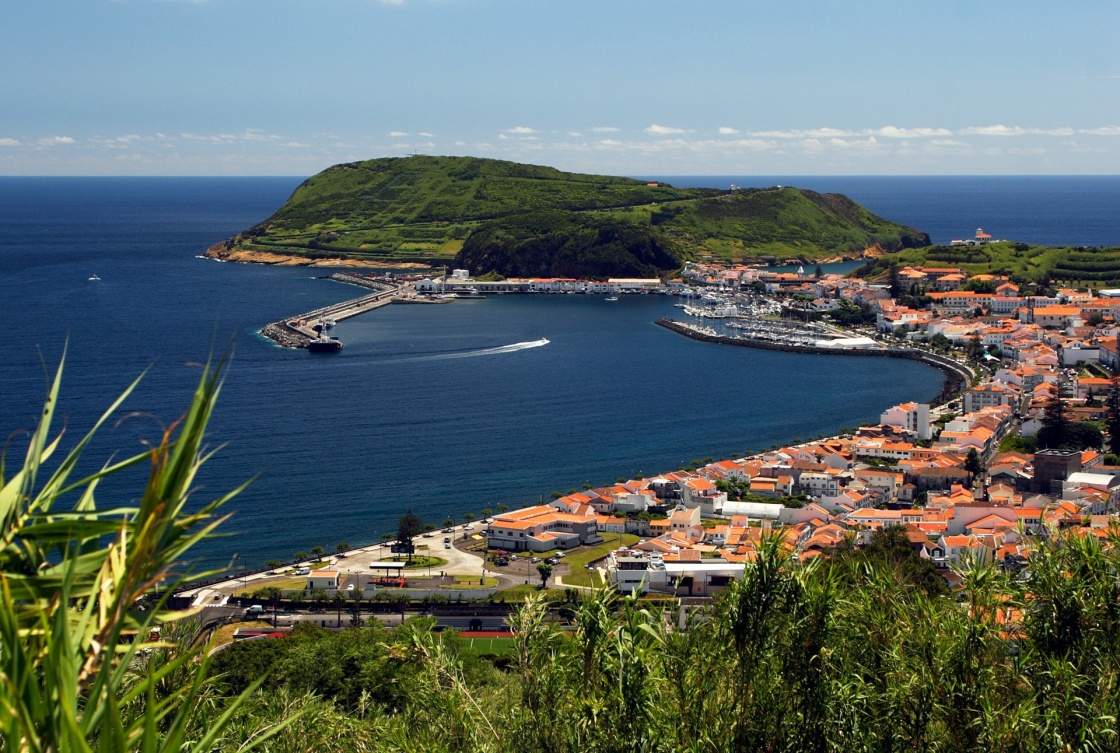The Azores archipelago is constituted by 9 islands, divided into three groups, in the north Atlantic. The islands were first discovered in 1427, by the Portuguese navigator Diogo de Silves. Despite this being the 'official' history, there are some people that believe that the islands were discovered earlier, in 1431, or even in ancient times.
The occupation of the islands happened quickly after their discovery, which were mainly populated by the Portuguese people, even though there were some cases of foreign people coming to the islands (mostly Dutch and Spanish people).
The islands played an important role in Portuguese history, mainly due to their strategic position, becoming an excuse for battles with the Spanish, French and English, in different periods of time. There were American and English military bases in some of the islands and an American Military Base still exists on one of the islands, till this day.
There were some periods in History in which the Azores played a key role in the national context. In 1580, the year of the Iberian Union, the islands were the only territory that remained Portuguese and rebelled against the Spanish king, that eventually become the Portuguese king Philip I. During the liberal wars in the 19th century the islands also played a significant role, becoming the headquarters of the new regime that raised from the civil war.
In the 20th century, and after the revolution that would destroy the Portuguese dictatorship, the Azores (as well as the Madeira islands) gained a different status, becoming an autonomous territory inside the Portuguese republic.
This long history of hardship and of fighting for their freedom is probably the reason of why the Azorean motto is: 'better die free, than in peace restrained'.




 'View to port of Horta on Faial island' Miroslav Hladik / Shutterstock
'View to port of Horta on Faial island' Miroslav Hladik / Shutterstock